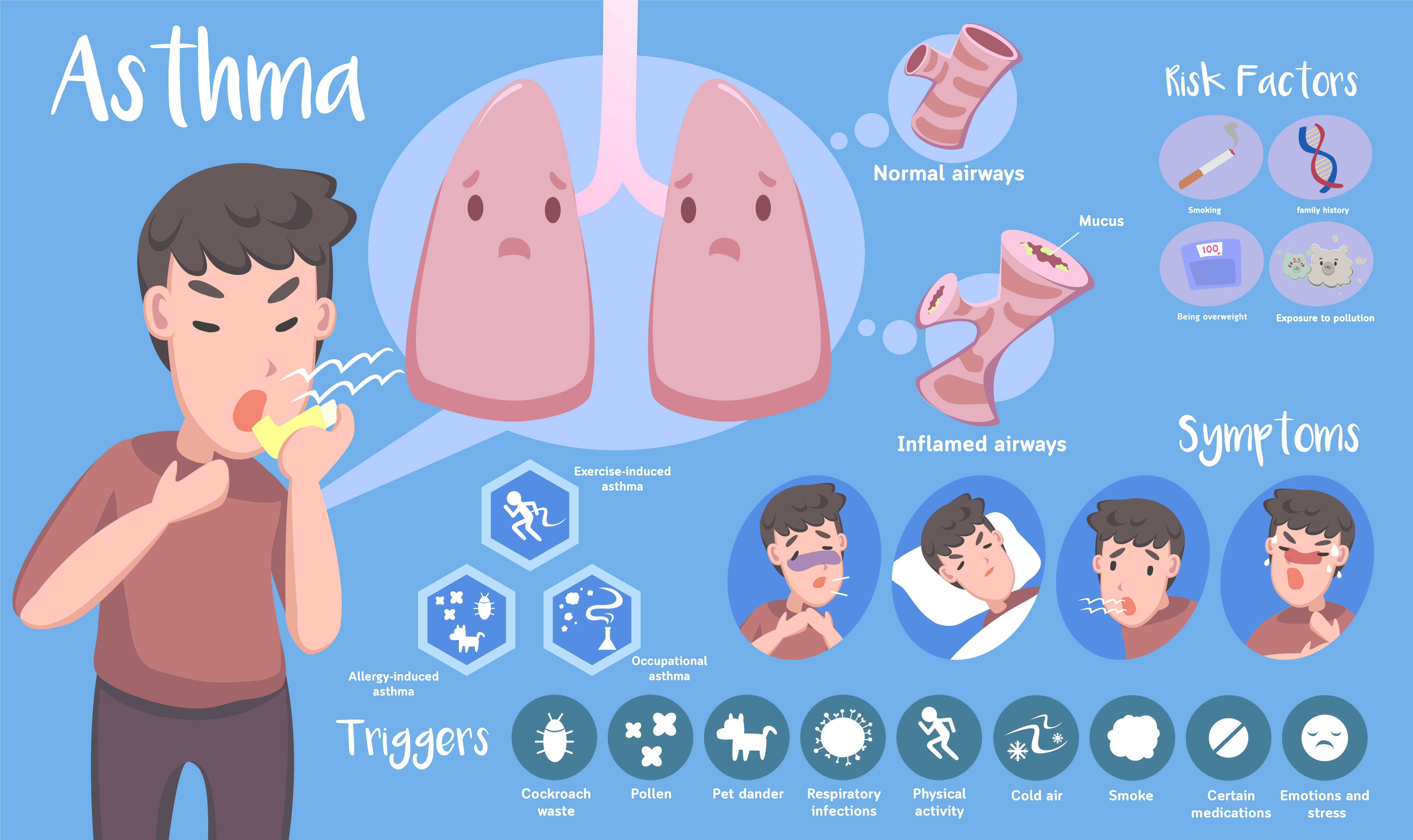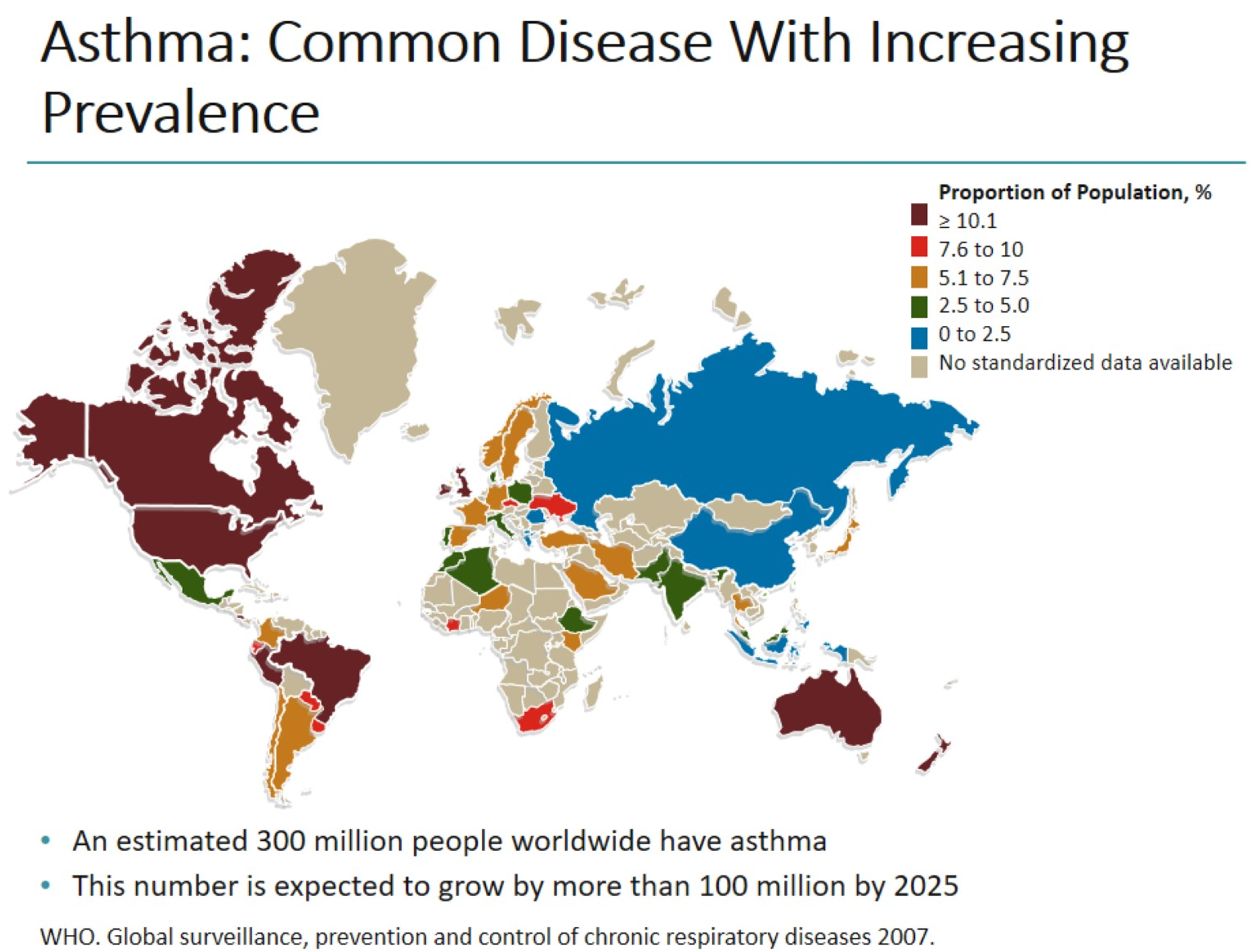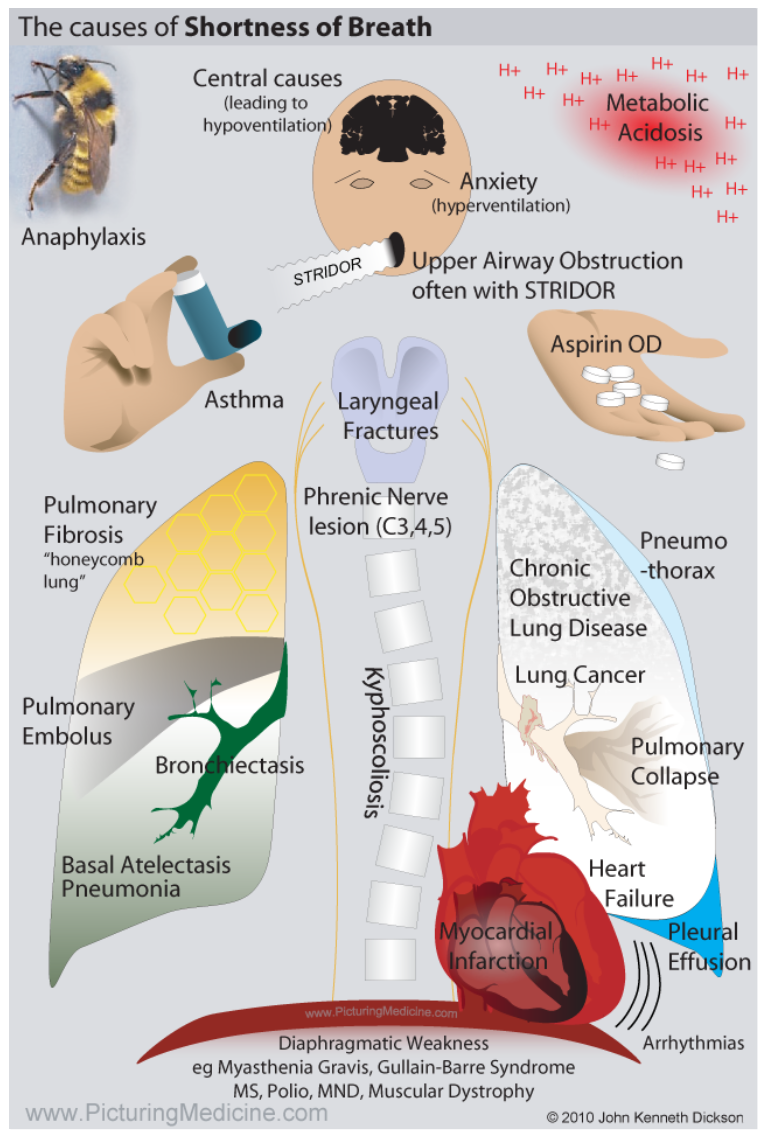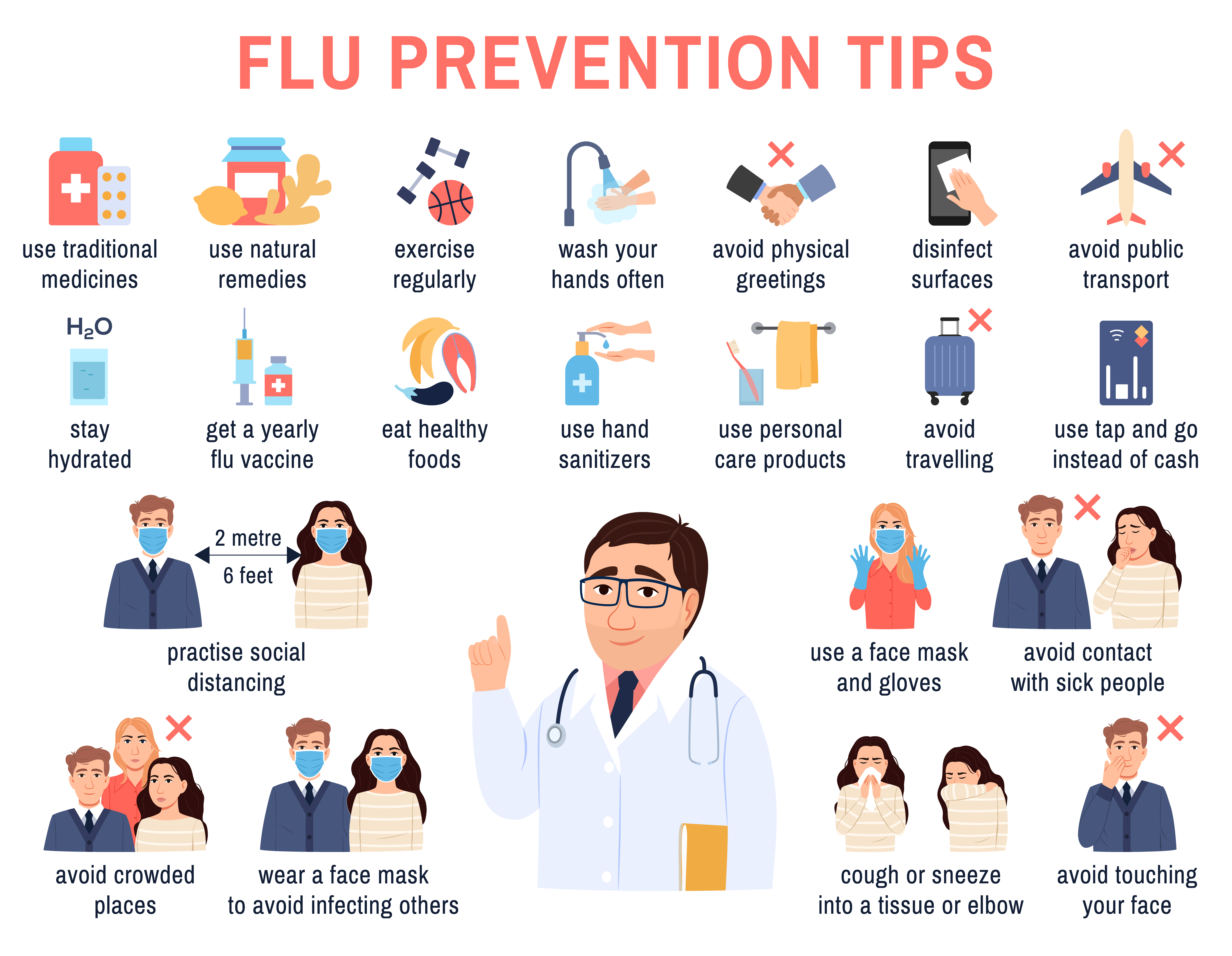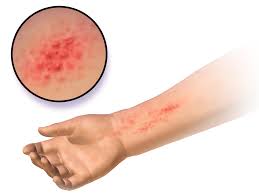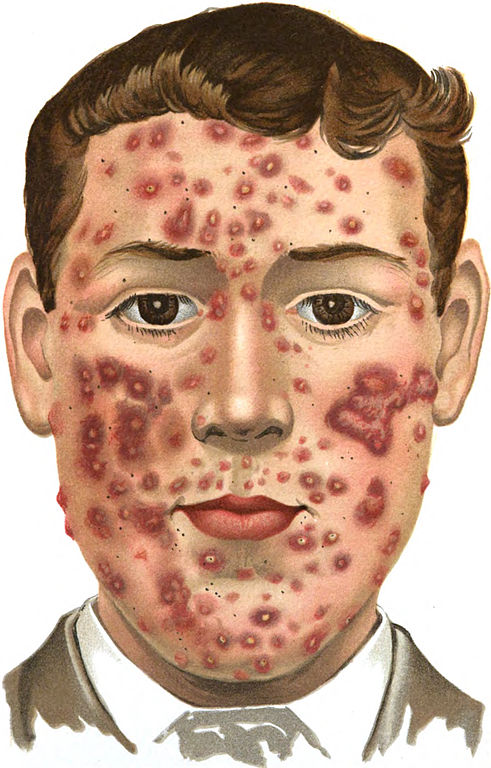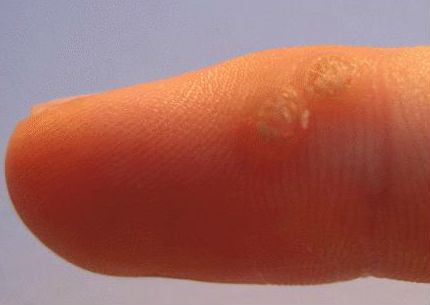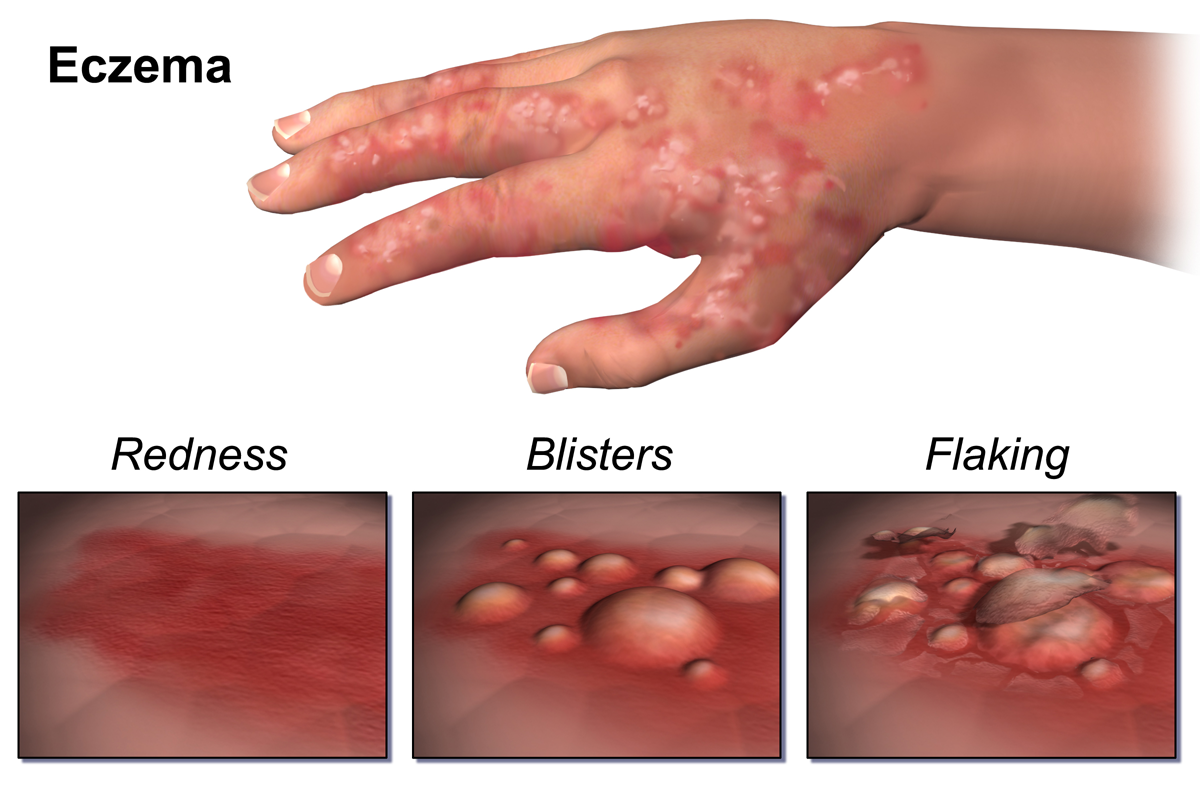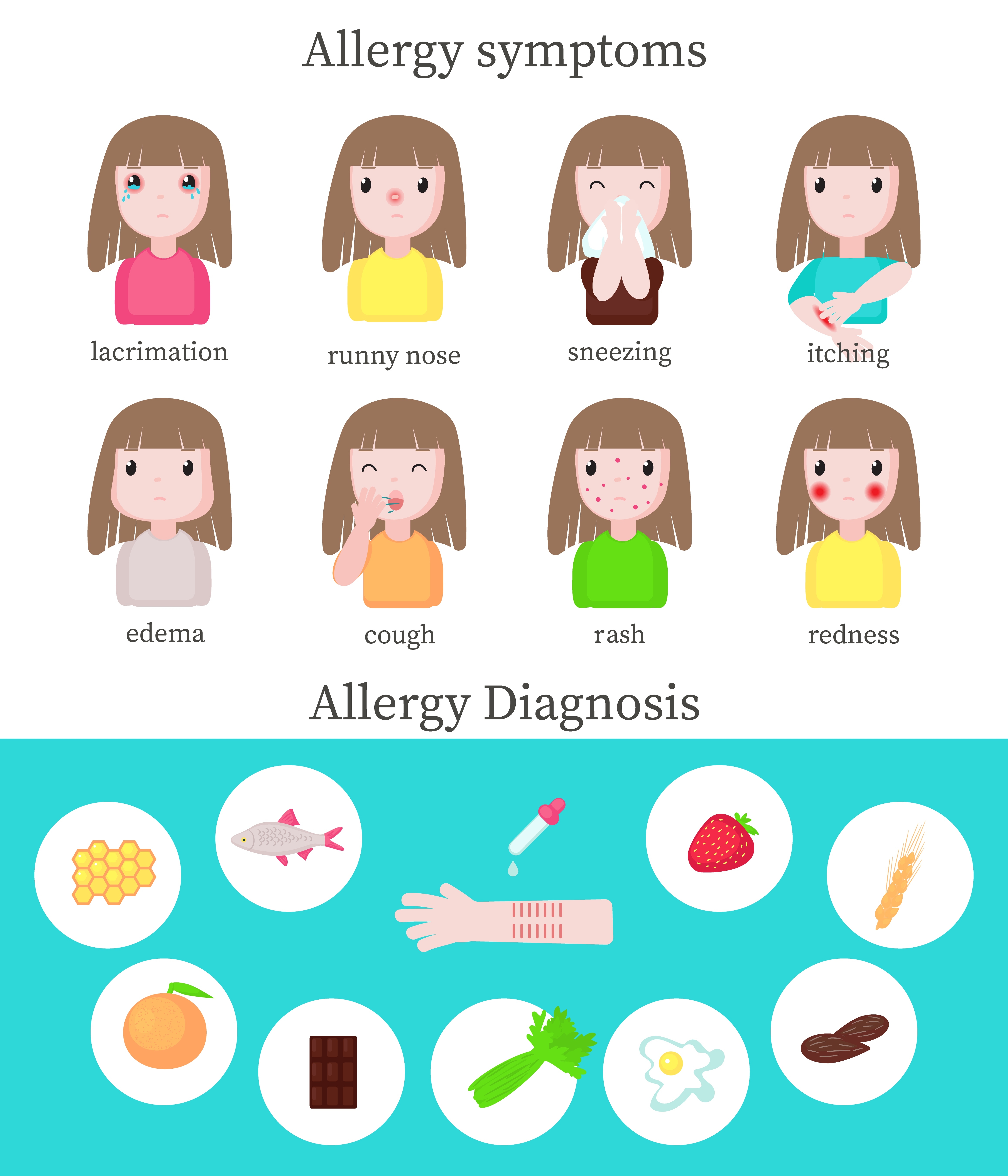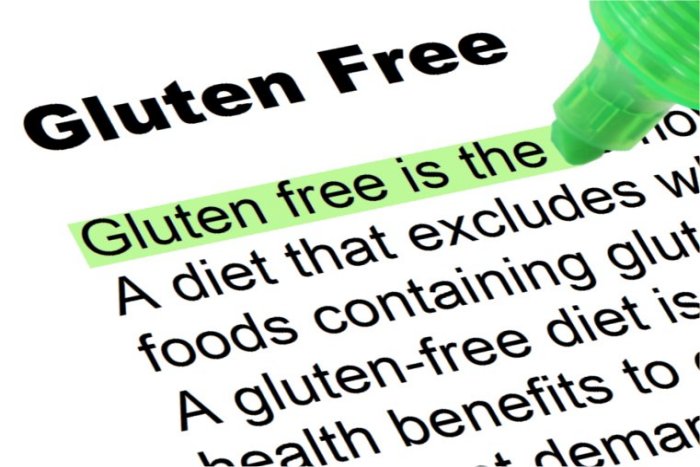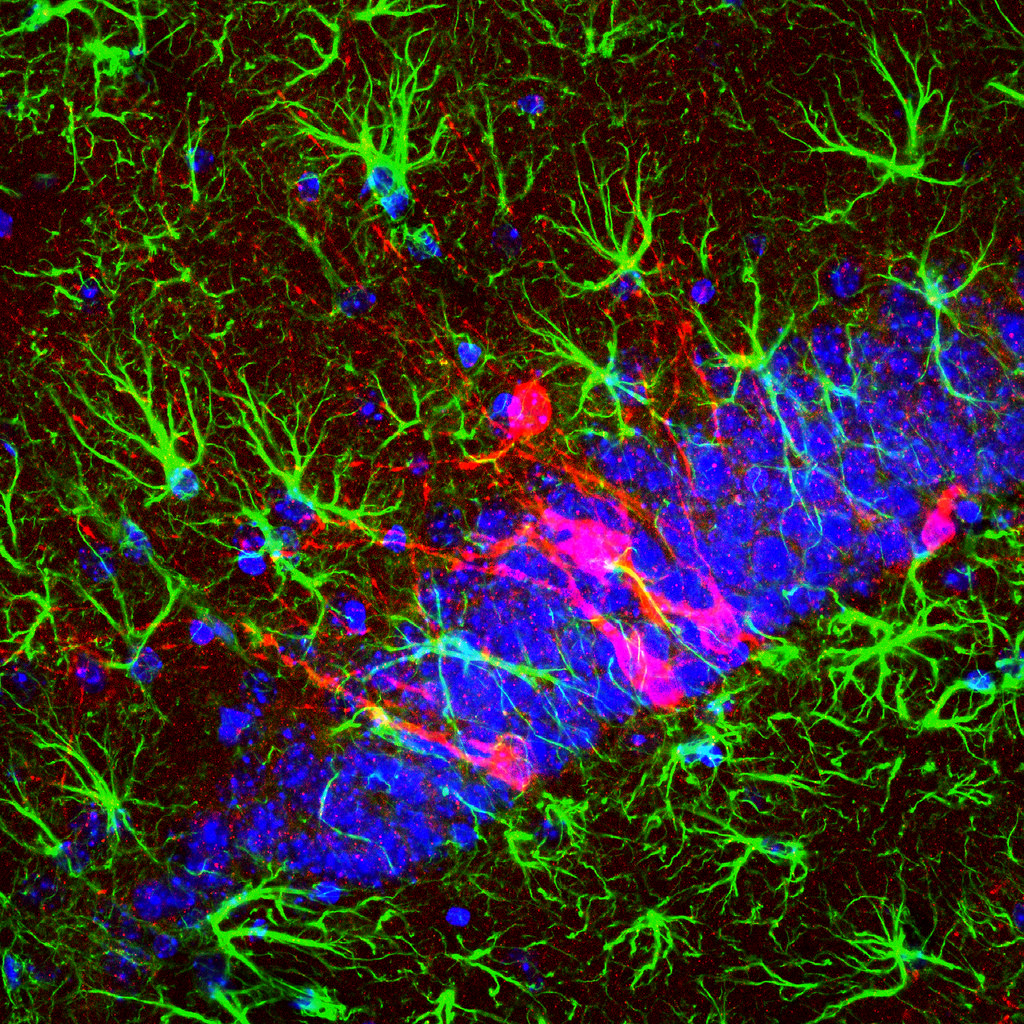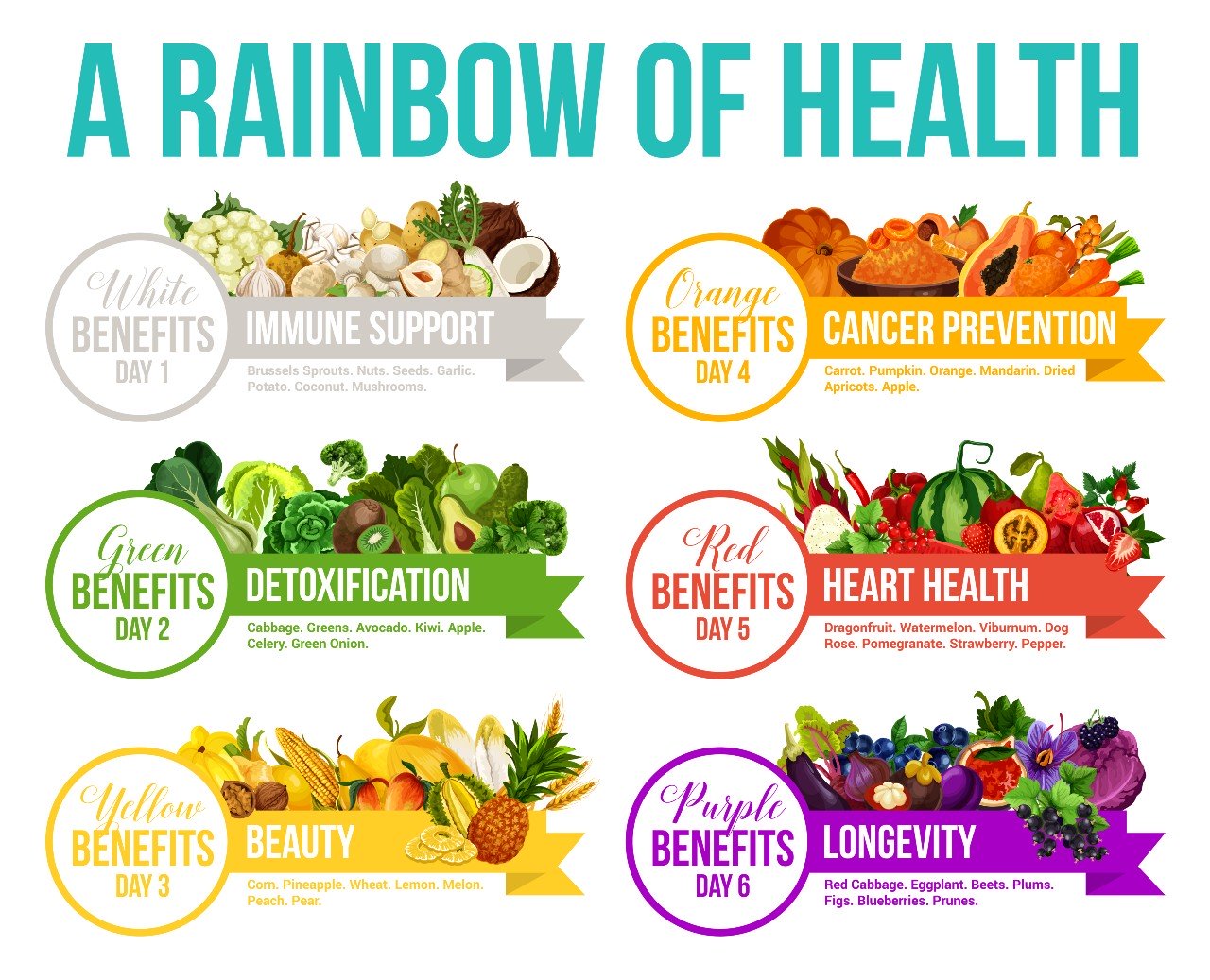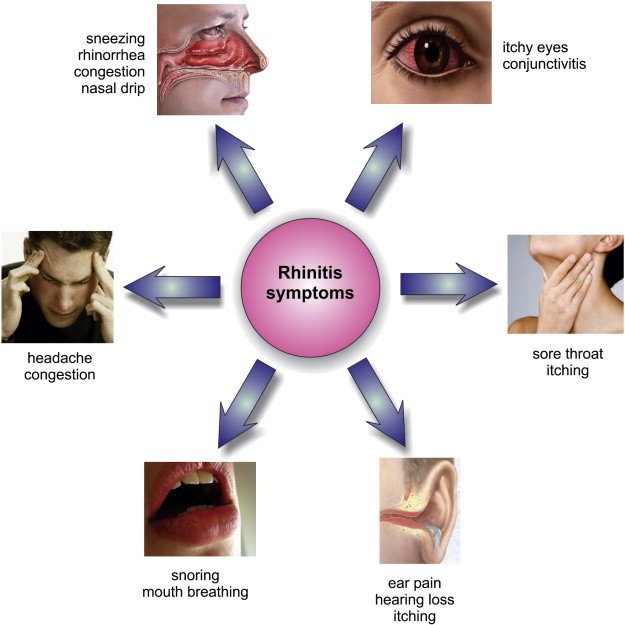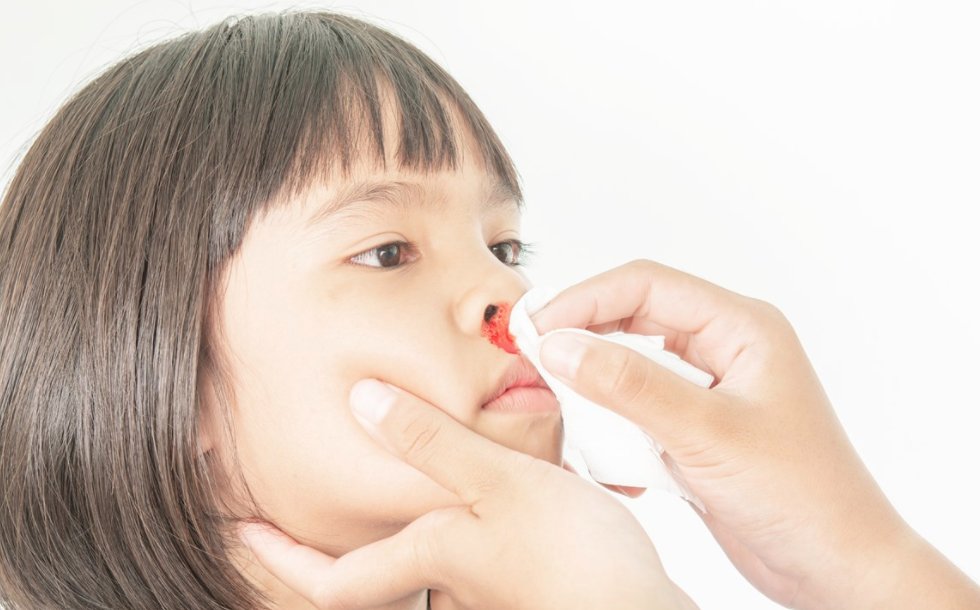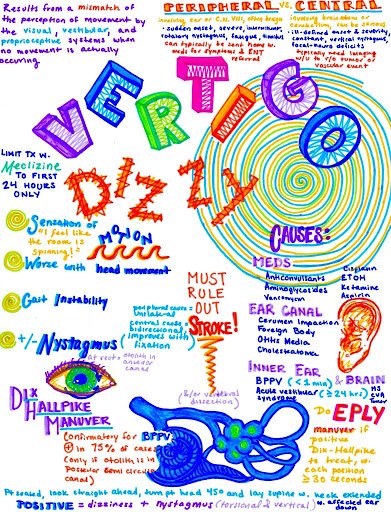What is Asthma?
喘息とは何ですか?
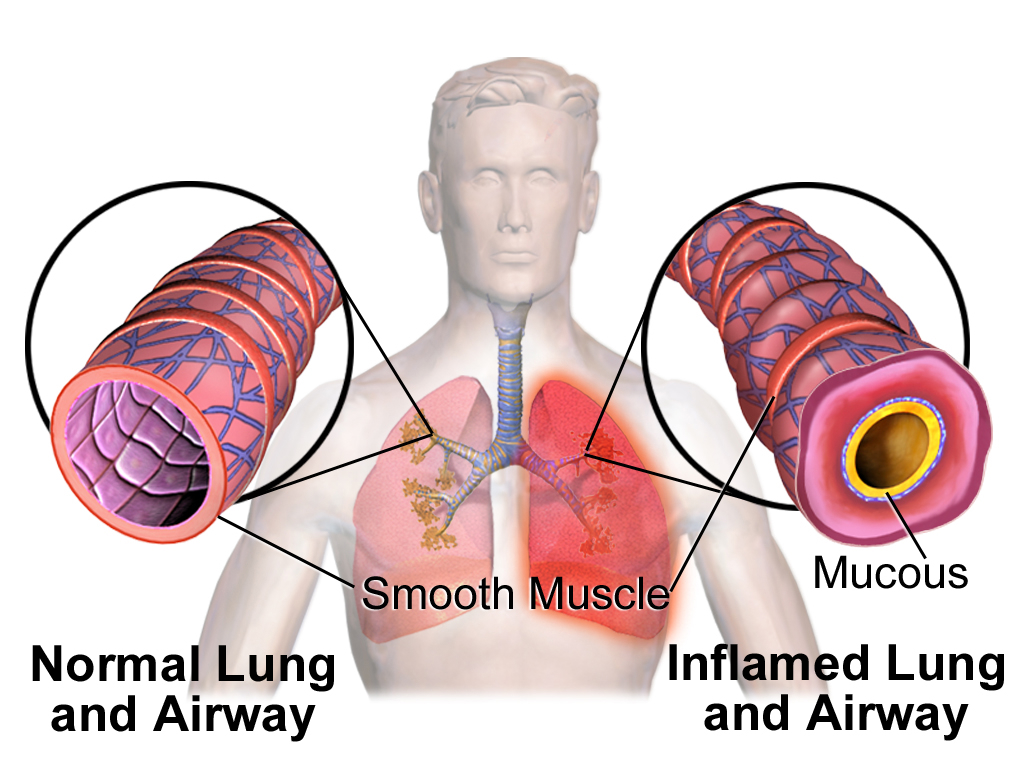
Asthma is a common chest condition in which there is temporary narrowing of the breathing tubes in the lungs (airways) because they are hyper-reactive and oversensitive. In asthma, these tubes have inflammation and swelling of their linings, increased mucus inside, tightening of the muscles in their walls and therefore less flow of air in and out.
WHAT CAUSES AN ASTHMA ATTACK? 是什么导致哮喘发作?
No single cause has been found, but a variety of factors may trigger an attack. A check list of trigger factors is:
- Infections, especially colds
- Allergies to animal fur, feathers, pollens, mould
- House dust, especially the dust mites
- Cigarette smoke; other smoke and fumes
- Sudden change in weather or temperature
- Occupational irritants such as wood dust, synthetic sprays, chemicals
- Drugs such as aspirin, drugs to treat arthritis, heart problems and glaucoma
- Certain food and food additives
- Exercise, especially in a cold atmosphere
- Emotional upsets and stress
Please seek Medical attention as soon as possible if you are unsure of you or your family's health condition.
WHAT ARE THE SYMPTOMS OF ASTHMA? 哮喘的症状是什么?
The main symptoms are breathlessness, tightness in the chest, wheezing and coughing, especially in the night.
SEVERE ASTHMA
Symptoms or signs of very severe asthma are anxiety, blue colour of the lips, cyanosis, ashen grey colour of the skin, fast pulse, rapid breathing, in drawing of the chest wall, difficulty speaking, no response to asthma medication and feeling very sick. These uncommon severe symptoms mean that you should seek urgent medical attention.
Asthma Genetic Predisposition
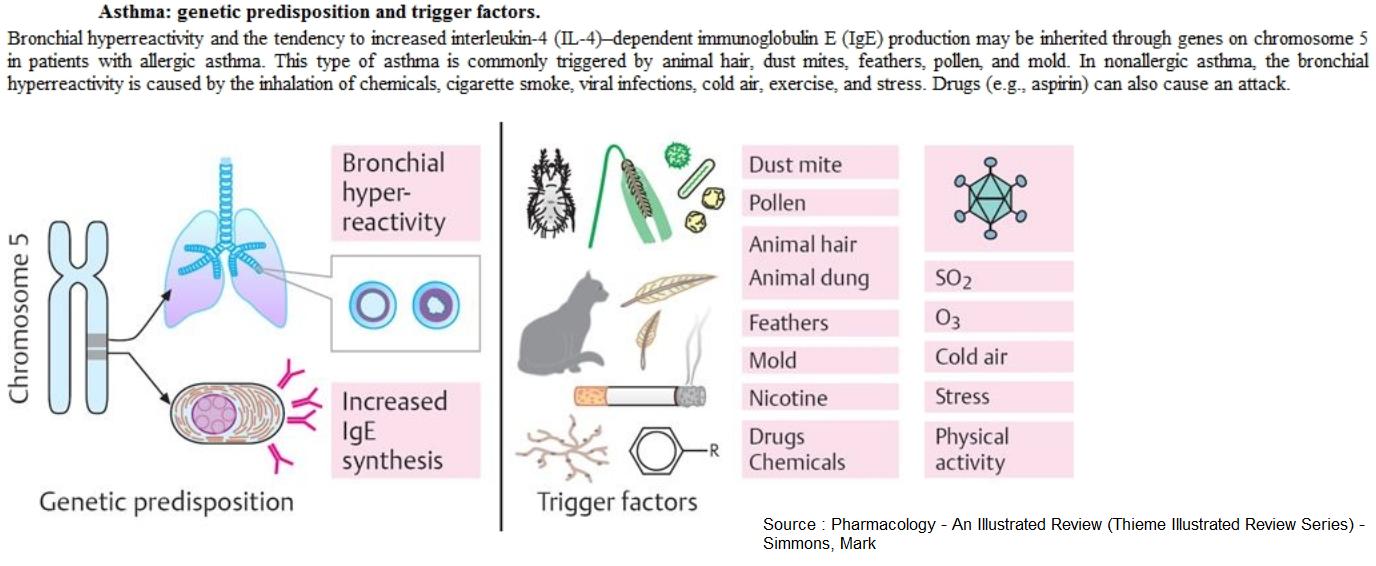
HOW COMMON IS ASTHMA?
About 1 child in every 4 or 5 has asthma, usually in a mild form. It usually comes on between the ages of 2 and 7. Most children outgrow by puberty, but a small number get it as adults. Others continue with it. About 1 in 10 adults has asthma.
WHAT IS THE TREATMENT FOR ASTHMA?
Prevention of attacks is the best treatment, and all asthmatics and their families should aim to know the disorder very well and become expert in it.
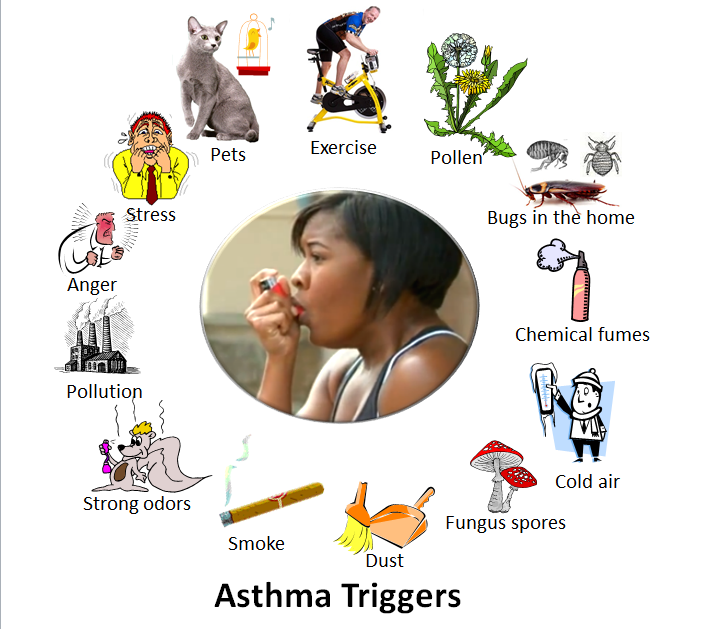
KNOW YOUR ASTHMA
- Read all about it
- Try to identify trigger factors and avoid them
- Become expert at using your medicine and inhalers. A big problem is incorrect inhaler technique, 34% of patients
- Know and recognize the danger signs and act promptly
- Have regular checks with your doctor
- Learn breathing exercises
- Work out a clear management plan and an action plan for when trouble strikes
- Learn the value of a peak expiratory flow meter, for anyone over 6
- Always carry your bronchodilator inhaler and check that it is not empty
STAY AT YOUR BEST
If you need medications, these should be as simple, safe and effective as possible. This is why inhaled medications are most often used for asthma. There are basically 2 types of inhaled medication that your doctor might advise you to use:
1. The Asthma preventor such as Pulmocort
2. The Asthma reliever which is called a bronchodilator
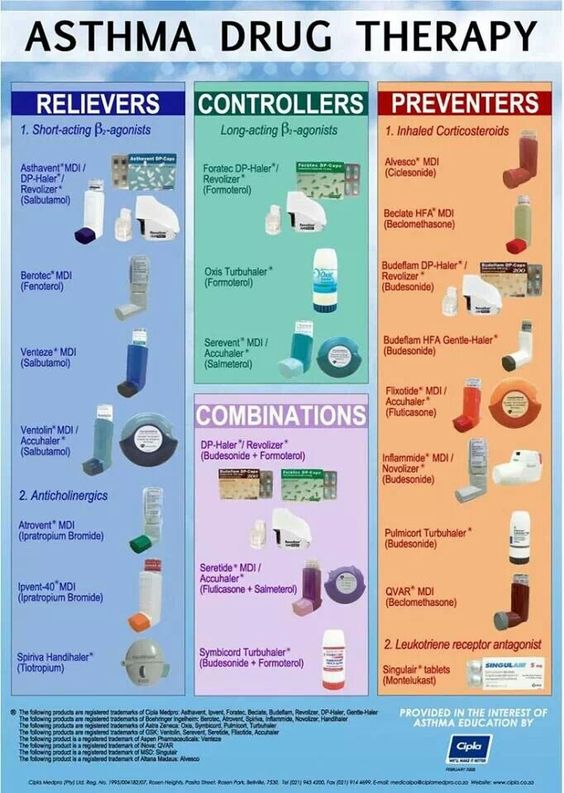
KEY POINTS:
1. GET TO KNOW HOW SEVERE YOUR ASTHMA IS
2. AVOID TRIGGER FACTORS SUCH AS TOBACCO SMOKE
3. KEEP AT YOUR BEST WITH SUITABLE MEDICATIONS
4. GET URGENT HELP WHEN DANGER SIGNS APPEAR
5. HAVE AN ACTION PLAN FOR SEVERE ASTHMA
6. USE YOUR INHALERS PROPERLY AND USE A SPACER IF NECESSARY
7. GET A PEAK FLOW METER TO HELP ASSESS SEVERITY AND WORK OUT YOUR BEST LUNG FUNCTION
A Comprehensive Allergy Test can be done at a medical clinic.
Comprehensive Allergies Test for up to 101 allergens:
* Food Allergy eg Seafood, Nuts, Eggs, Fish, Meat, Fruits, Seeds or Vegetables
* Dust/Mold Allergy
* Insect Sting Allergy
* Pet/Cockroach Allergy
* Eye or Skin Allergy
* Sinus Infection/Allergic Rhinitis
* Drug/Latex Allergy
Health Assessment & Screening Packages
|
Latest Influenza Vaccine |
 |
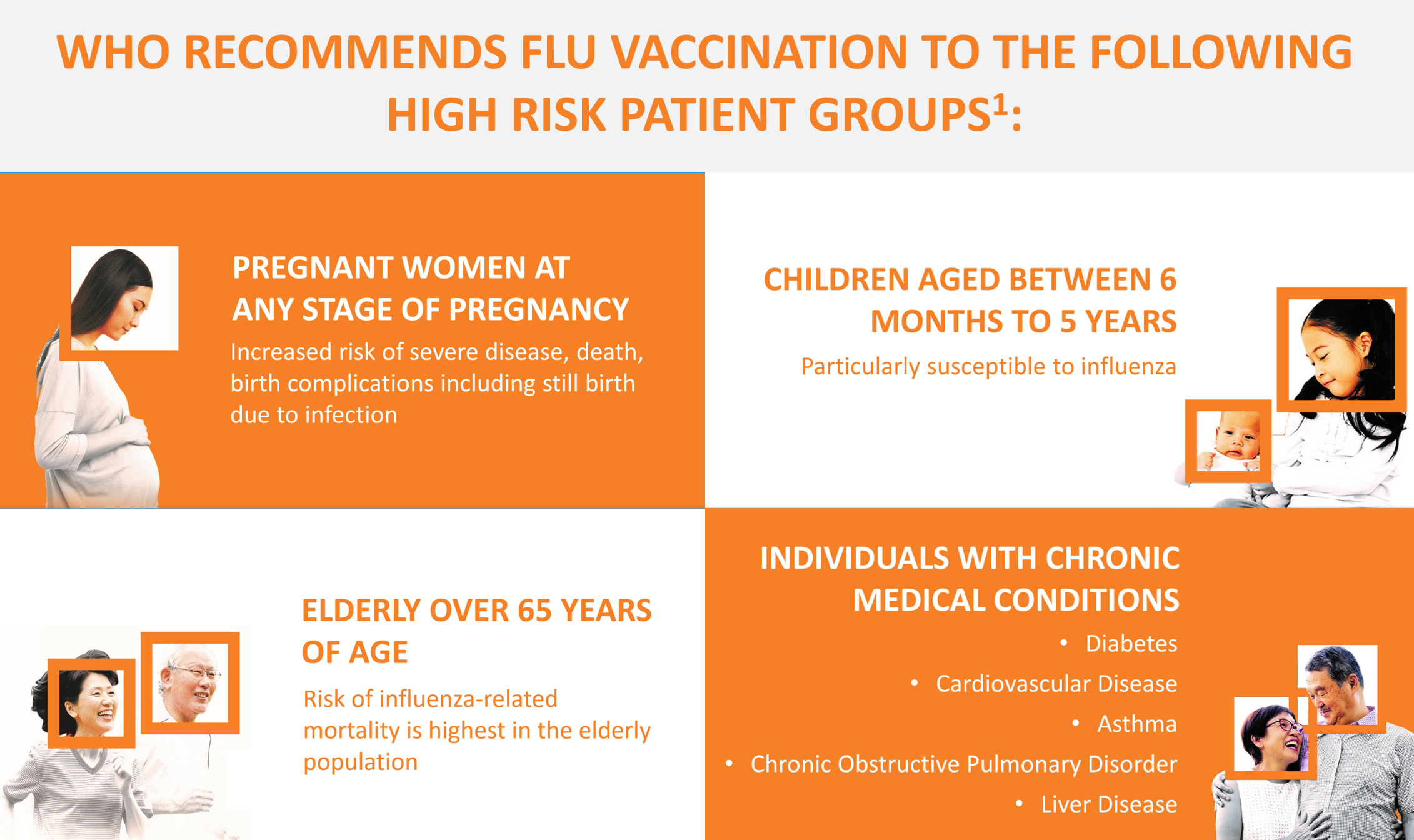
Asymptomatic patients may display no symptoms of illness. Vulnerable people should get vaccinated against Influenza which protects susceptible people from, as well as exclude the Flu and H1N1 viruses should they start to show URTI or ARI symptoms.
a. Vaccination decreases the risk of co-infection with COVID-19.
b. Vaccination reduces the burden of respiratory illnesses in the healthcare system.
The latest Influenza Vaccine is now available. It protects against the Flu and H1N1 Viruses. Ministry of Health Safety protocols are adhered to at all times for the safe vaccination of you and your family.
* Importance of Keeping your
Vaccinations Up-to-date
Skin Problems - Dermatology treatment for Allergies, Acne, Warts / Water warts & Eczema
Vitamins & Nutrients for a Well-functioning Immune System to Protect against COVID-19 & other Viral Infections
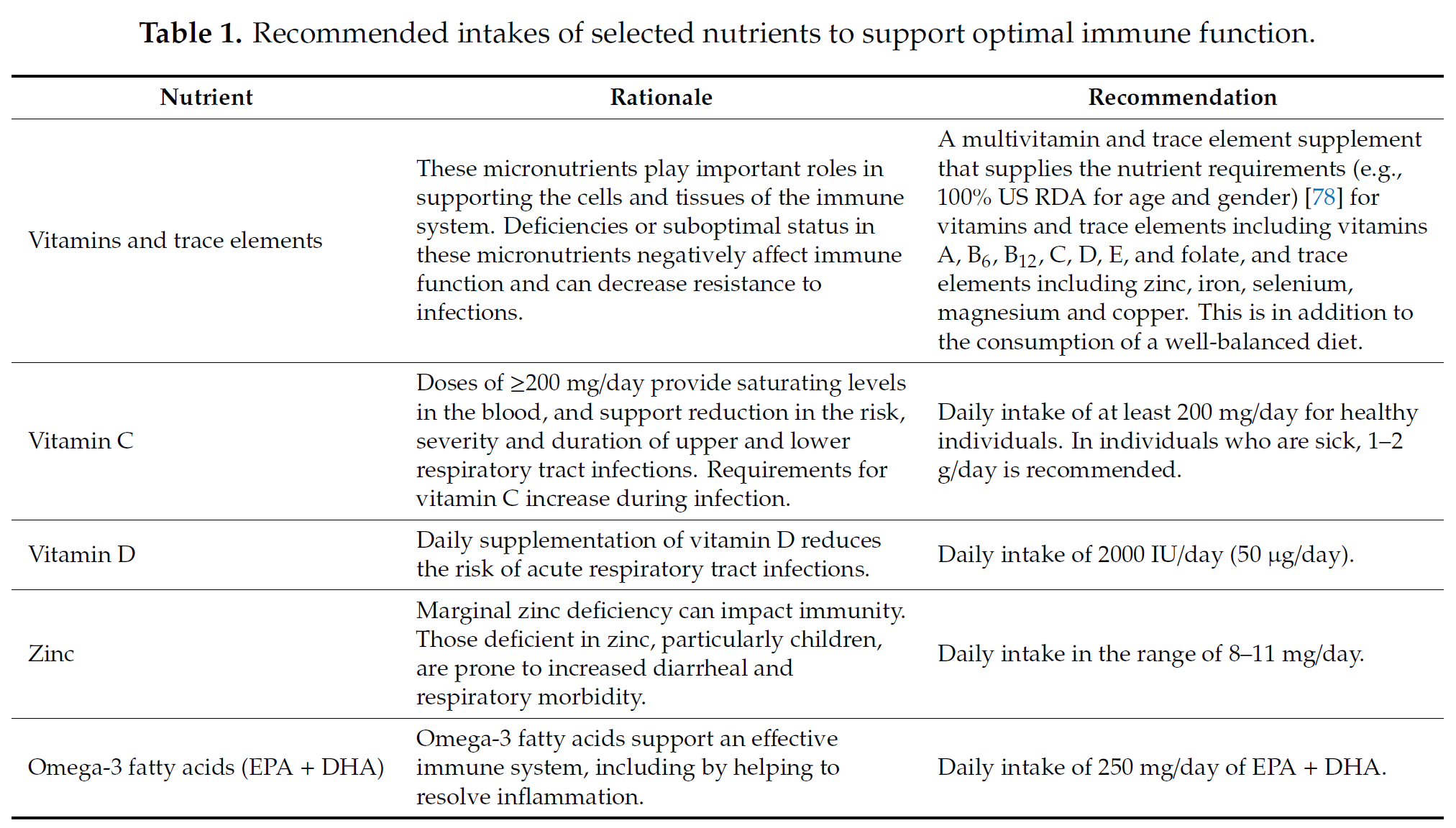
(Ref: Nutrients. 2020 Apr 23;12(4). pii: E1181. doi: 10.3390/nu12041181 Optimal Nutritional Status for a Well-Functioning Immune System Is an Important Factor to Protect against Viral Infections Calder PC1, Carr AC2, Gombart AF3, Eggersdorfer M4.
How a Gluten-free Diet can Improve your Chronic Illnesses
Healthy Diets for Optimal Health
|
Ear, Nose & Throat Problems
The information provided in this website is for knowledge purposes only. It does not constitute medical advice.
Should you encounter any medical problem that you are unsure of, always consult your doctor or health care provider for assistance and medical advice.
